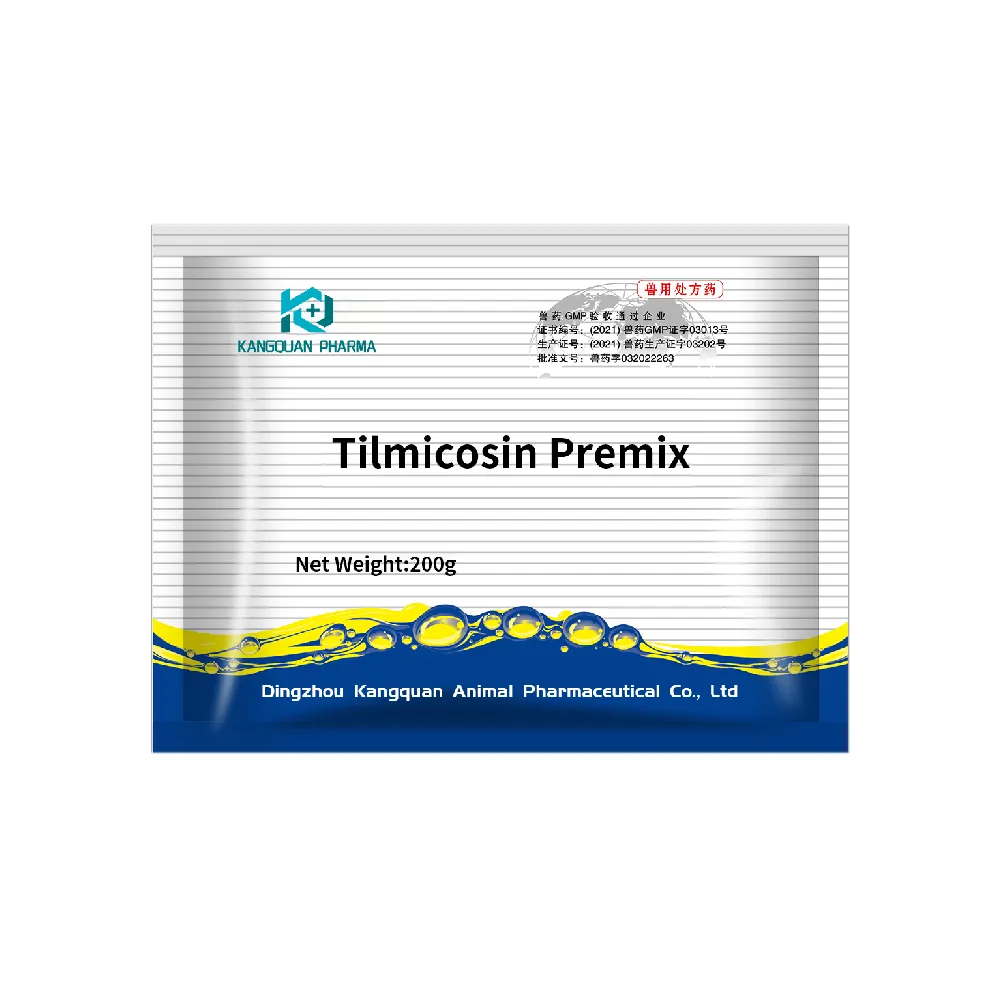- Afrikaans
- Albanian
- Amharic
- Arabic
- Armenian
- Azerbaijani
- Basque
- Belarusian
- Bengali
- Bosnian
- Bulgarian
- Catalan
- Cebuano
- Corsican
- Croatian
- Czech
- Danish
- Dutch
- English
- Esperanto
- Estonian
- Finnish
- French
- Frisian
- Galician
- Georgian
- German
- Greek
- Gujarati
- Haitian Creole
- hausa
- hawaiian
- Hebrew
- Hindi
- Miao
- Hungarian
- Icelandic
- igbo
- Indonesian
- irish
- Italian
- Japanese
- Javanese
- Kannada
- kazakh
- Khmer
- Rwandese
- Korean
- Kurdish
- Kyrgyz
- Lao
- Latin
- Latvian
- Lithuanian
- Luxembourgish
- Macedonian
- Malgashi
- Malay
- Malayalam
- Maltese
- Maori
- Marathi
- Mongolian
- Myanmar
- Nepali
- Norwegian
- Norwegian
- Occitan
- Pashto
- Persian
- Polish
- Portuguese
- Punjabi
- Romanian
- Russian
- Samoan
- Scottish Gaelic
- Serbian
- Sesotho
- Shona
- Sindhi
- Sinhala
- Slovak
- Slovenian
- Somali
- Spanish
- Sundanese
- Swahili
- Swedish
- Tagalog
- Tajik
- Tamil
- Tatar
- Telugu
- Thai
- Turkish
- Turkmen
- Ukrainian
- Urdu
- Uighur
- Uzbek
- Vietnamese
- Welsh
- Bantu
- Yiddish
- Yoruba
- Zulu
8 月 . 09, 2024 05:35 Back to list
Choosing the Most Effective Antibiotic for Treating Respiratory Infections in Patients
The Best Antibiotic for Respiratory Infections
Respiratory infections are common illnesses that can range from mild to severe, affecting the upper and lower respiratory tracts. These infections are often caused by viruses, but when bacterial pathogens are responsible, antibiotics can become necessary. Understanding which antibiotic is the best for treating respiratory infections requires a consideration of the type of infection, the causative bacteria, patient factors, and emerging antibiotic resistance patterns.
Types of Respiratory Infections
Respiratory infections can be classified into several categories, including
1. Upper Respiratory Tract Infections (URIs) Such as the common cold, sinusitis, and pharyngitis. Most URIs are viral in nature, and antibiotics are generally not effective. 2. Lower Respiratory Tract Infections (LRIs) Including bronchitis and pneumonia. These infections can be either viral or bacterial, and bacterial infections often require antibiotic treatment.
Common Bacterial Causes
In cases where bacteria cause respiratory infections, the most common culprits include
- Streptococcus pneumoniae A leading cause of pneumonia and sinusitis
. - Haemophilus influenzae Often associated with pneumonia and exacerbations of chronic obstructive pulmonary disease (COPD). - Mycoplasma pneumoniae Known for causing atypical pneumonia, particularly in younger populations.Choosing the Right Antibiotic
what is the best antibiotic for respiratory infection

The choice of antibiotic depends on several factors
1. Type of Infection For uncomplicated cases of community-acquired pneumonia, antibiotics such as amoxicillin are often first-line treatments. In cases of known penicillin allergies, azithromycin or doxycycline may be prescribed. 2. Severity of Infection More severe cases of pneumonia may necessitate broader-spectrum antibiotics like levofloxacin or ceftriaxone, particularly in hospitalized patients.
3. Patient Factors Considerations such as age, kidney function, and concurrent medical conditions can influence antibiotic choice. For instance, elderly patients or those with chronic lung disease may need specific coverage for resistant organisms.
Antibiotic Resistance
A significant concern in treating respiratory infections is antibiotic resistance, which can occur when bacteria evolve to resist the effects of drugs. The inappropriate use of antibiotics, especially in viral infections, can contribute to this problem. To combat antibiotic resistance, it is vital for healthcare providers to follow established guidelines that promote appropriate antibiotic use.
Preventive Measures
Prevention can also play a crucial role in reducing the incidence of bacterial respiratory infections. Vaccinations, such as the pneumococcal vaccine and influenza vaccine, can help protect at-risk populations and reduce the burden of these infections. Proper hand hygiene, smoking cessation, and maintaining overall health can further decrease the likelihood of developing respiratory infections.
Conclusion
In summary, the best antibiotic for a respiratory infection is contingent on the specific type of infection, the pathogen responsible, and individual patient characteristics. While antibiotics play an essential role in treating bacterial infections, caution must be exercised to avoid misuse and the resultant antibiotic resistance. Thus, a careful, evidence-based approach to diagnosis and treatment, combined with preventive strategies, can ensure better outcomes for patients suffering from respiratory infections. Always consult a healthcare professional for an accurate diagnosis and appropriate treatment options.
-
The Power of Radix Isatidis Extract for Your Health and Wellness
NewsOct.29,2024
-
Neomycin Sulfate Soluble Powder: A Versatile Solution for Pet Health
NewsOct.29,2024
-
Lincomycin Hydrochloride Soluble Powder – The Essential Solution
NewsOct.29,2024
-
Garamycin Gentamicin Sulfate for Effective Infection Control
NewsOct.29,2024
-
Doxycycline Hyclate Soluble Powder: Your Antibiotic Needs
NewsOct.29,2024
-
Tilmicosin Premix: The Ultimate Solution for Poultry Health
NewsOct.29,2024













